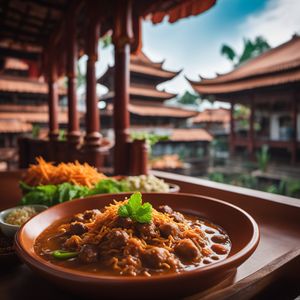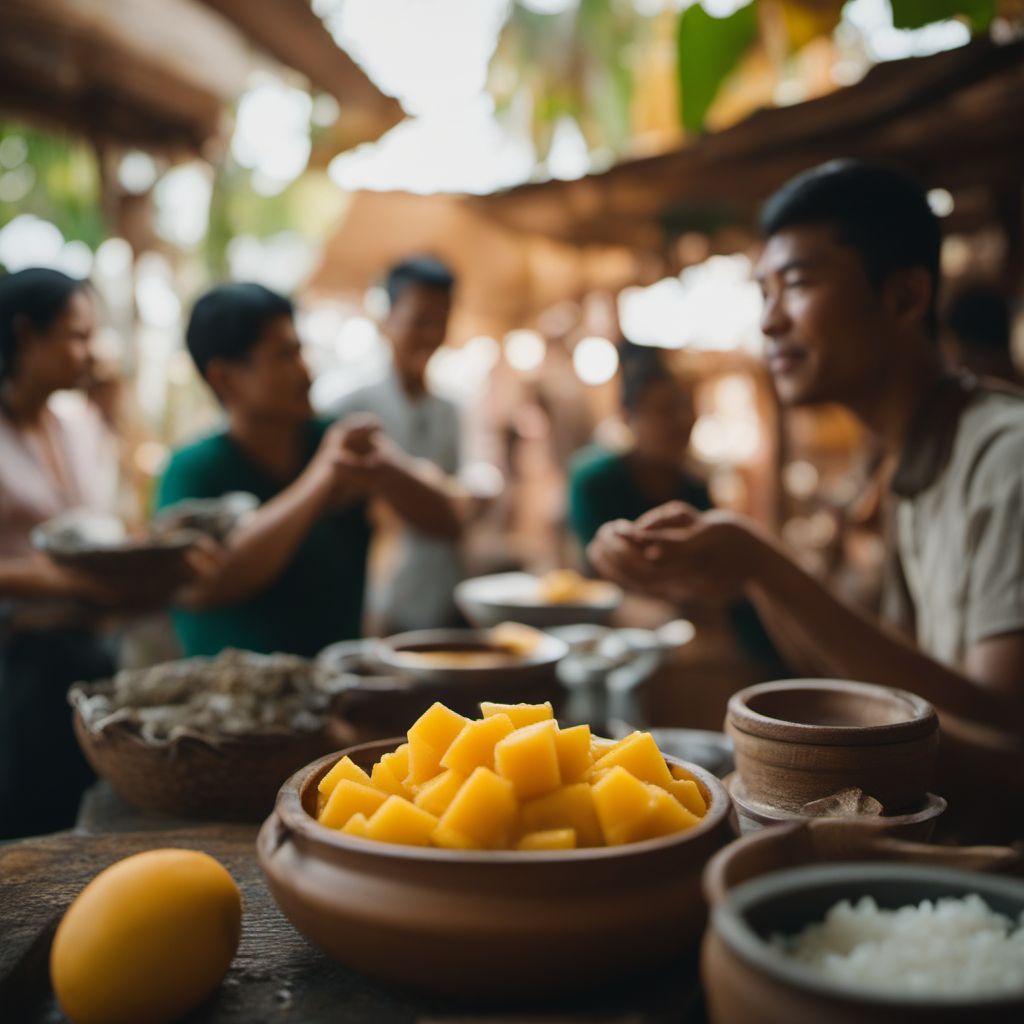
Dish
Burong mangga
Burong mangga is made by first peeling and slicing unripe mangoes. The mango slices are then mixed with salt and rice bran and placed in a jar. The jar is then sealed and left to ferment for several days. The resulting dish is sour and tangy and can be enjoyed on its own or as a condiment. Burong mangga is a good source of vitamin C and dietary fiber.
Origins and history
Burong mangga has been a part of Filipino cuisine for centuries and is believed to have originated in the northern regions of the Philippines. The dish is typically served as a side dish or condiment and is often paired with grilled or fried meats.
Dietary considerations
Burong mangga is not suitable for individuals who are allergic to mangoes or have a sensitivity to salt. It is also high in sodium and should be consumed in moderation by individuals with high blood pressure.
Variations
There are many variations of Burong mangga that can be found throughout the Philippines. Some recipes call for the addition of chili peppers or garlic, while others use different types of salt or rice bran. Some recipes also call for the addition of other fruits or vegetables such as papaya or carrots.
Presentation and garnishing
Burong mangga is typically served in a small jar or bowl. It is often garnished with fresh herbs or sliced chili peppers.
Tips & Tricks
To enhance the flavor of Burong mangga, it is recommended to let it ferment for at least 3 days before serving.
Side-dishes
Burong mangga is typically served as a condiment or side dish. It can be enjoyed on its own or paired with grilled or fried meats.
Drink pairings
Burong mangga pairs well with beer or other light-bodied alcoholic beverages.
Delicious Burong mangga recipes
More dishes from this category... Browse all »
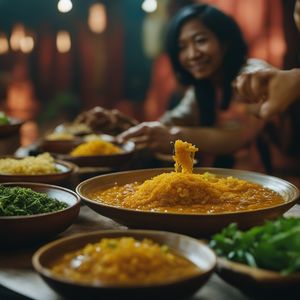
Acar kuning
Malaysian cuisine

Atchara
Filipino cuisine

Baechu-kimchi
Korean cuisine
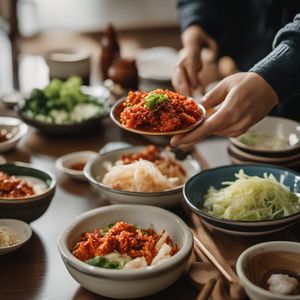
Baek kimchi
Korean cuisine

Beet Eggs
Jewish cuisine
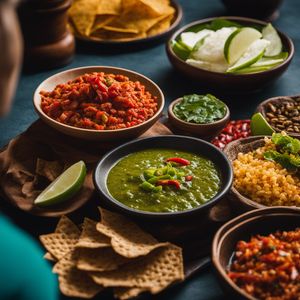
Chilera
Ecuadorian cuisine
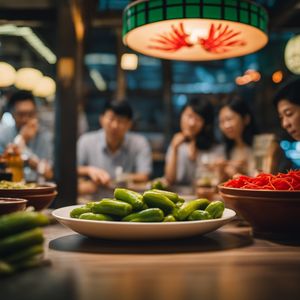
Chinese Pickles
Chinese cuisine
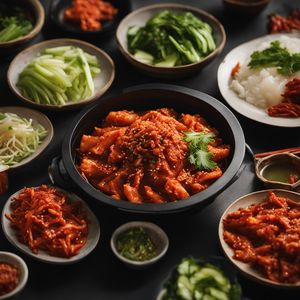
Chonggak kimchi
Korean cuisine


